DAWI and the Chicago Community Wealth Building Ecosystem co-launch the Chicago Worker Cooperative Developer Cohort.
Chicago, US – March 11, 2024 – DAWI is proud to announce the launch of the Chicago Worker Cooperative Developer Cohort, a transformative initiative aimed at strengthening the local cooperative ecosystem and fostering community wealth-building in Chicago communities. In collaboration with the Chicago Community Wealth Building Initiative at the University of Illinois in Chicago (UIC), the program seeks to empower organizations actively engaged in developing worker cooperatives that serve BIPOC and low-income communities.
The Chicago Worker Cooperative Developer Cohort is a 12-month training program designed to equip 12 participants and cooperative leaders with the essential tools, knowledge, and relationships needed to drive the growth and sustainability of worker cooperatives. The program will consist of three Chicago-based retreats, monthly skills-building webinars, and periodic assignments, providing participants with a comprehensive learning experience.
Rebecca Bauen, Education and Training Director at DAWI hopes “that participants are inspired by each other and others in the field, that they trust they can take on the challenge of cooperative development and build on their strengths.”
DAWI selected 12 individuals for the 2024 cohort, prioritizing diversity and representation across cooperative models.
Taryn Randle, one of the cohort participants, envisions themselves “as a connector for young adults interested in land stewardship to worker cooperatives” and imagines “future generations that are equipped with the tools to sustain, grow, and thrive.”
Saleem Hue Penny, another cohort participant illustrates a future based in an “arts-focused cooperative movement rooted in West Side Chicago that demonstrates a vibrant alternative to capitalism, improves the material conditions and quality of life for Black women & femmes, queer folx, the Deaf and disabled BIPOC communities, as well as intergenerational/life-span households.”
The cohort is bilingual (English-Spanish) and incurs no cost to participants. Its curriculum is built through a strong racial equity lens tailored to the city's economic priorities and existing cooperative landscape. It incorporates policy and governance education to enable ecosystem-building.
Since 2015, DAWI has trained over 100 worker cooperative developers through the cohort model, fostering collaboration and innovation in the cooperative sector. Chicago's cohort represents a local implementation of these proven models for ecosystem-building.
For more information about the Democracy at Work Institute and the Chicago Worker Cooperative Developer Cohort, contact Karina Pacheco del Río, Director of Marketing and Communications at the Democracy at Work Institute (DAWI) at kpacheco [at] institute.coop
Meet the 2024 Chicago Worker Cooperative Developer Cohort Participants!
Mary Albarran, Restorative Economy Organizer, Co-Op Ed Center
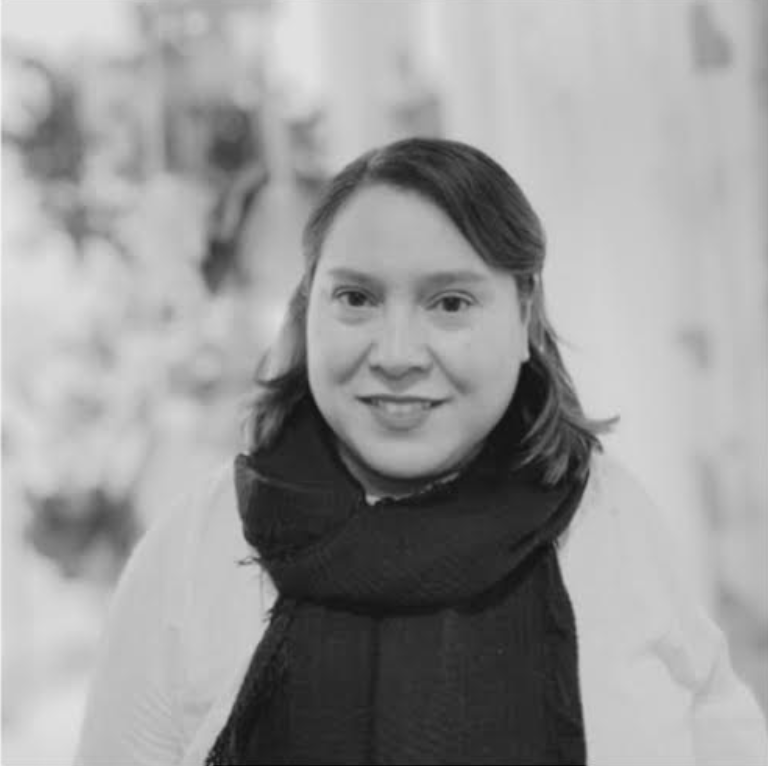 Mary Albarran is, culturally, a hard-working woman but prefers to rest out of rebellion. She has been a community organizer for over 15 years in the northwest suburbs of Illinois. Mary is a co-founder of the mutual aid collective, Las Boconas. She is an immigrant woman from Mexico. Mary's passions are hiking, art, gardening, and walking with Pancho, her dog.
Mary Albarran is, culturally, a hard-working woman but prefers to rest out of rebellion. She has been a community organizer for over 15 years in the northwest suburbs of Illinois. Mary is a co-founder of the mutual aid collective, Las Boconas. She is an immigrant woman from Mexico. Mary's passions are hiking, art, gardening, and walking with Pancho, her dog.
Julian Arroyo, Bilingual Small Business Worker Co-op Coach, Center for Changing Lives
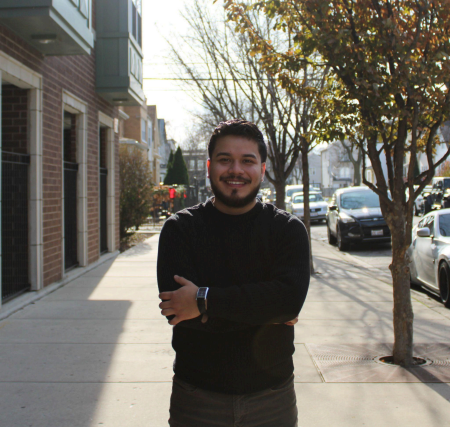 Julian Arroyo is a longtime resident of Chicago’s Northwest side, with roots in Logan Square, Humboldt Park, and Hermosa neighborhoods. His role as a Bilingual Small Business Worker Co-op Coach is to support BIPOC entrepreneurs exploring cooperative models and principles to ensure economic vitality. He hopes to get more insights into cooperatives and lend support in any way he can. The need for alternative and restorative economic models such as worker cooperatives is growing; he hopes that we can create a strong network to facilitate the development of cooperatives.
Julian Arroyo is a longtime resident of Chicago’s Northwest side, with roots in Logan Square, Humboldt Park, and Hermosa neighborhoods. His role as a Bilingual Small Business Worker Co-op Coach is to support BIPOC entrepreneurs exploring cooperative models and principles to ensure economic vitality. He hopes to get more insights into cooperatives and lend support in any way he can. The need for alternative and restorative economic models such as worker cooperatives is growing; he hopes that we can create a strong network to facilitate the development of cooperatives.
Deandra Cadet, Core Team Member, Justice Cream
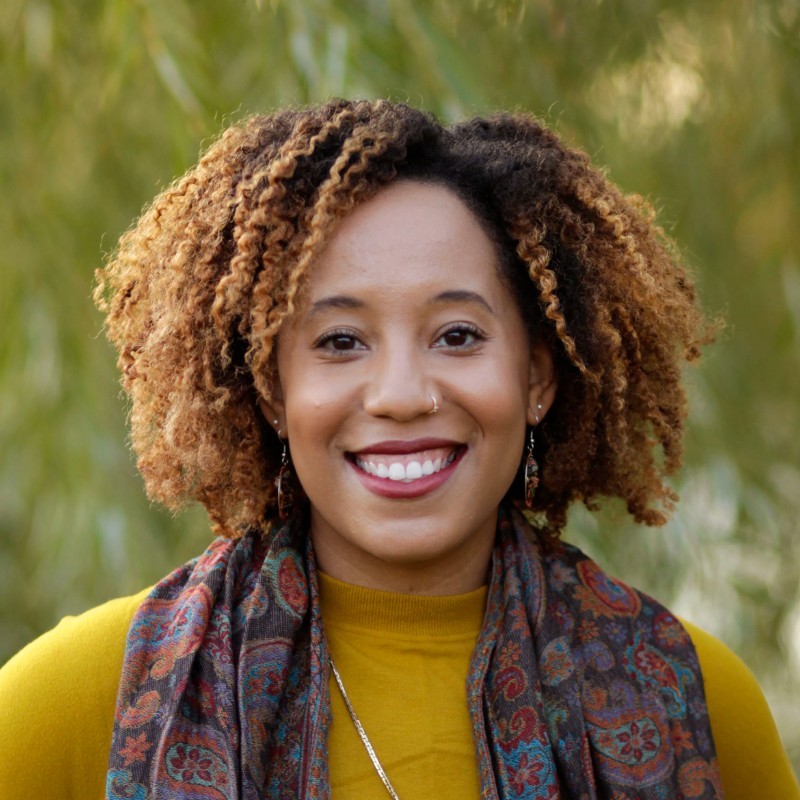
Deandra “Dede” Cadet has a passion for connecting people, resources, ideas, and stories to bring us to joy, healing, and collective liberation. She has been a Core Team Member of Justice Cream since 2021 and is invested and inspired by their collective vision to build new practices, norms, and systems for a solidarity economy. Dede is currently an Interior Design student at Harper College where she hopes to bridge her love of cultivating spaces of belonging for her community and her love for interiors. She is grateful and motivated by her community in and outside of Chicago that has shown her another world is possible and the practice zone is today. She enjoys learning new DIYs, Chicago summer picnics, and meals with friends.
Maricela Estrada, Senior Economic Justice Organizer, Centro De Trabajadores Unidos: United Workers’ Center
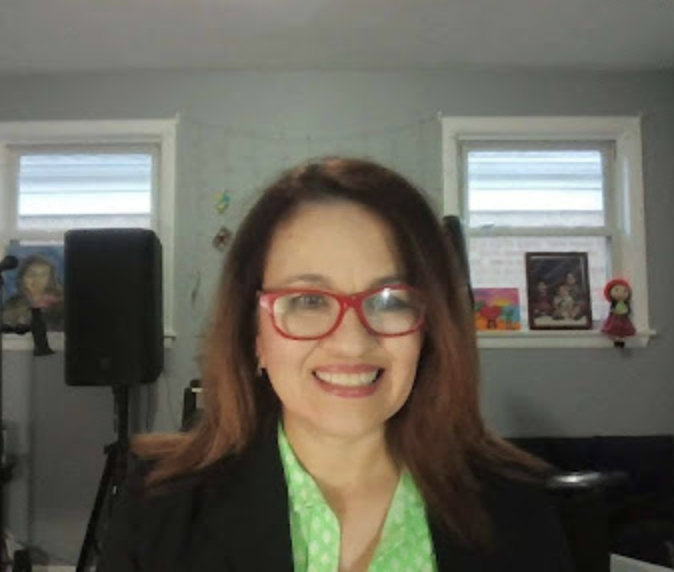 Maricela Estrada is the Senior Economic Justice Organizer at Centro De Trabajadores Unidos: United Workers’ Center. She was born in Guadalajara, Mexico and was brought up in the area of the Southeast side of Chicago from the age of 9. She has been an avid advocate and immigrant organizer for well over 15 years, and considers herself one of the original founders of the Centro de Trabajadores Unidos. She began as a volunteer in 2007, and years later her team decided to launch the Southeast co-op incubator and assist community members in creating their own cooperative businesses, led and owned by themselves, the workers. Her previous experience as a business owner led her to this passionate role of helping others realize their dreams through business ownership. She also recently started a DJ and karaoke business, which is fun and therapeutic for her. Maricela is grateful and happy to be a part of this inspiring cohort community.
Maricela Estrada is the Senior Economic Justice Organizer at Centro De Trabajadores Unidos: United Workers’ Center. She was born in Guadalajara, Mexico and was brought up in the area of the Southeast side of Chicago from the age of 9. She has been an avid advocate and immigrant organizer for well over 15 years, and considers herself one of the original founders of the Centro de Trabajadores Unidos. She began as a volunteer in 2007, and years later her team decided to launch the Southeast co-op incubator and assist community members in creating their own cooperative businesses, led and owned by themselves, the workers. Her previous experience as a business owner led her to this passionate role of helping others realize their dreams through business ownership. She also recently started a DJ and karaoke business, which is fun and therapeutic for her. Maricela is grateful and happy to be a part of this inspiring cohort community.
Nurul Eusufzai, Co-Founding Worker-Owner, ChiCommons LWCA
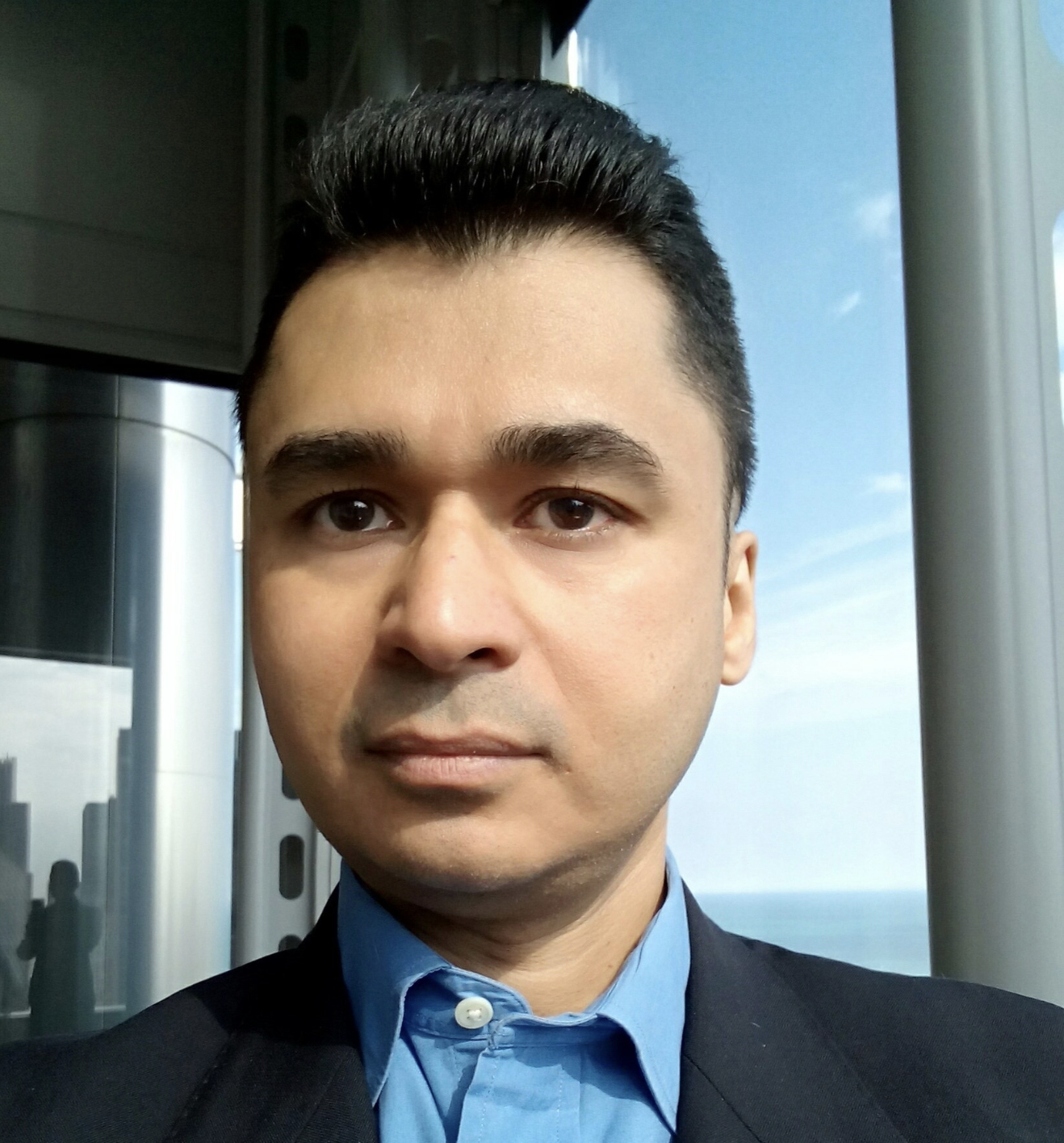
Nurul Eusufzai is a co-founding worker owner of ChiCommons Cooperative. He has extensive experience in the global private sector and a growing interest in the environmental, economic, and human dimensions of solidarity, sustainability, and regeneration. Nurul is currently a consultant, with experience in the USA and Europe. The scope of his work includes business transformation, program and project management, digital/physical service design, and quality/technology/data analysis. His community activity includes work for ChiCommons, Net Impact Chicago, the IL Task Force on Social Innovation, Chicago's Digital Equity Coalition, and more. Nurul convenes diverse and inclusive groups to understand and address our challenges, and also to have fun in the process!
Christyn Freemon, Founder and Chief Solutionist, Project Forward / The K
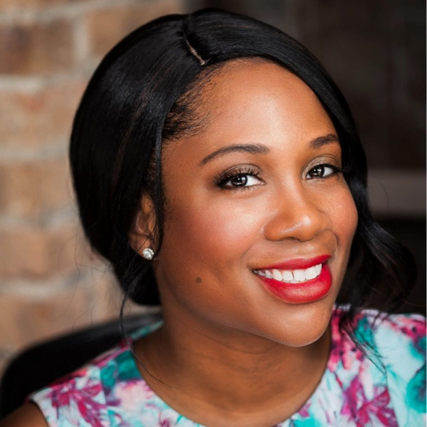 Christyn S. Freemon is the founder and Chief Solutionist of Project Forward, a tech enabled commercial corridor development venture firm in Chicago, IL. Project Forward’s clients include various participants in the neighborhood real estate development ecosystem: emerging and established developers, funders and financial intermediaries. Her company has a target of securing $500M for 100 Black led developments from 2022- 2028. Ms. Freemon has helped her clients and partners secure over $100M in funding, including non extractive capital, in the last three years. A graduate of Northwestern University, Ms. Freemon has participated in various task forces for the City of Chicago and Cook County, Illinois as well as nationally.
Christyn S. Freemon is the founder and Chief Solutionist of Project Forward, a tech enabled commercial corridor development venture firm in Chicago, IL. Project Forward’s clients include various participants in the neighborhood real estate development ecosystem: emerging and established developers, funders and financial intermediaries. Her company has a target of securing $500M for 100 Black led developments from 2022- 2028. Ms. Freemon has helped her clients and partners secure over $100M in funding, including non extractive capital, in the last three years. A graduate of Northwestern University, Ms. Freemon has participated in various task forces for the City of Chicago and Cook County, Illinois as well as nationally.
G. Sequane Lawrence, President and CEO, Revolution Institute
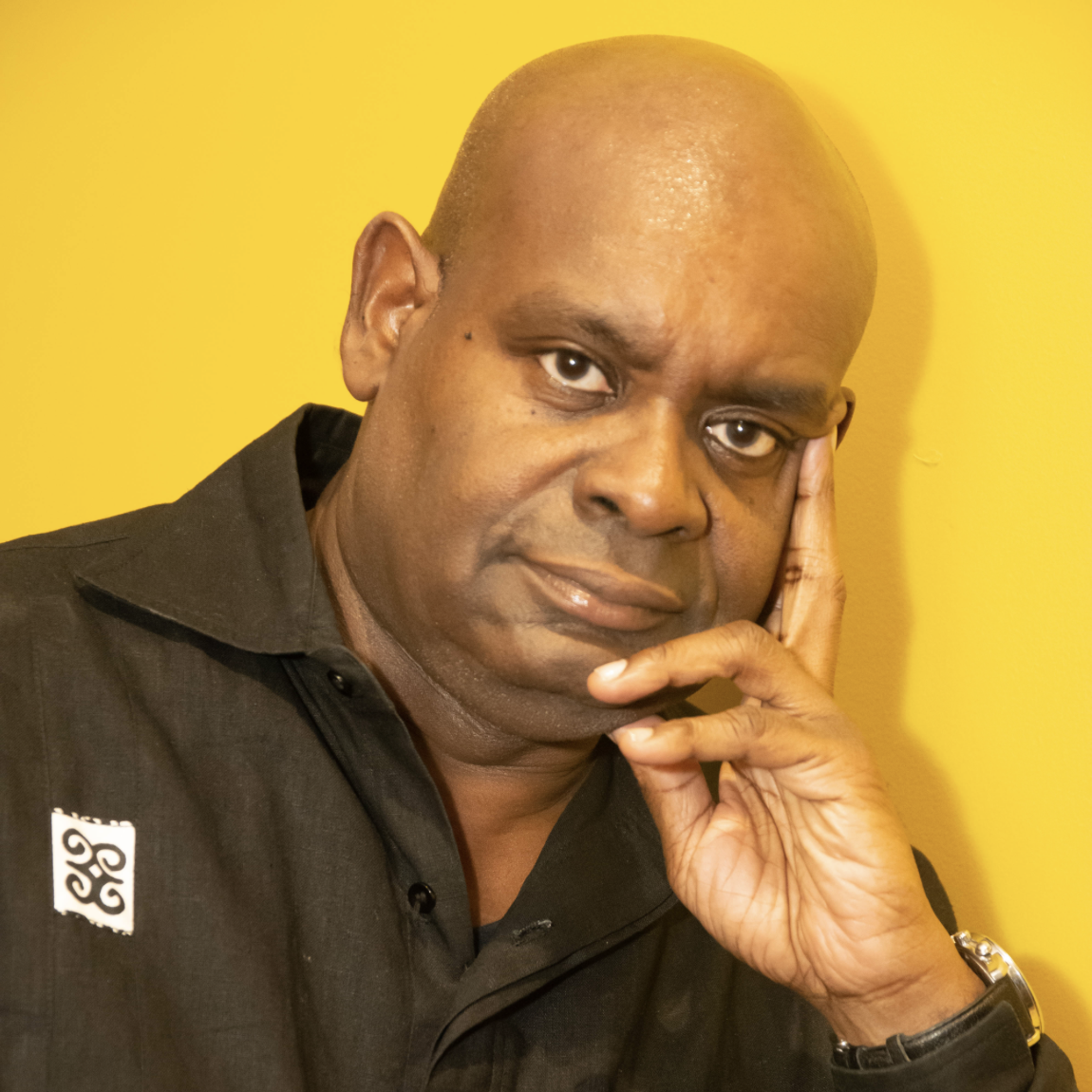 G. Sequane Lawrence is the President and CEO of Revolution Institute, a community economic development and workforce development organization in Chicago focused on advanced manufacturing, cooperative business development and the digital economy on behalf of under-resourced communities. Sequane previously led a delegation to Mondragon, in the Basque region of Spain, to study first-hand the historic Mondragon Cooperative Corporation, as well as to Cleveland, Ohio to observe the ground-breaking worker-owned Evergreen Cooperatives. Sequane holds a Master of Science degree in Community Economic Development from New Hampshire College. Sequane is also a member of the following boards: Impact for Equity, Jane Addams Resource Corporation (JARC), Chicago Community Trust African American Legacy Fund, and Revolution Workshop.
G. Sequane Lawrence is the President and CEO of Revolution Institute, a community economic development and workforce development organization in Chicago focused on advanced manufacturing, cooperative business development and the digital economy on behalf of under-resourced communities. Sequane previously led a delegation to Mondragon, in the Basque region of Spain, to study first-hand the historic Mondragon Cooperative Corporation, as well as to Cleveland, Ohio to observe the ground-breaking worker-owned Evergreen Cooperatives. Sequane holds a Master of Science degree in Community Economic Development from New Hampshire College. Sequane is also a member of the following boards: Impact for Equity, Jane Addams Resource Corporation (JARC), Chicago Community Trust African American Legacy Fund, and Revolution Workshop.
Saleem Hue Penny, Worker-Owner, Cooperation Racine
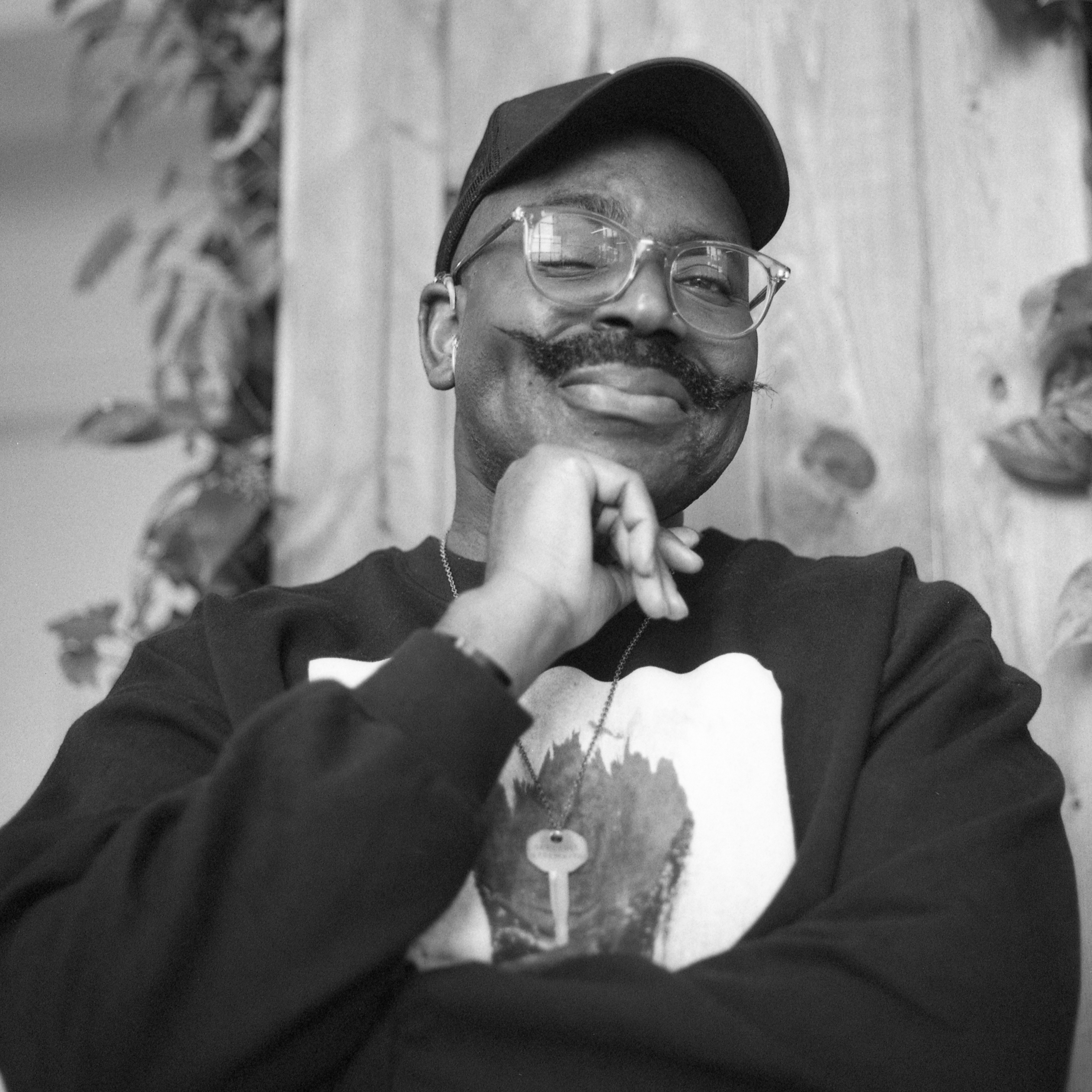
Saleem Hue Penny is a Black, disabled poet expanding the pastoral tradition of the Southern Black Belt using a "rural hip-hop blues" aesthetic. Punctuating his hybrid/mixed media work with drum loops, Jim Crow artifacts, and birch bark, he explores how young people of color traverse wild spaces and define freedom on their own terms. A worker-owner of Cooperation Racine in Englewood, his work is rooted in Disability Justice. He is compiling his first full-length poetry collection and pursuing archival research for ‘The Happy Land Liniment’ Project: an oral history, digital field guide, and chapbook-length lyric essay set in Reconstruction-era “Affrilachia.”
Jenna Pollack, Researcher and Organizer, Chicago Community Wealth Building Ecosystem
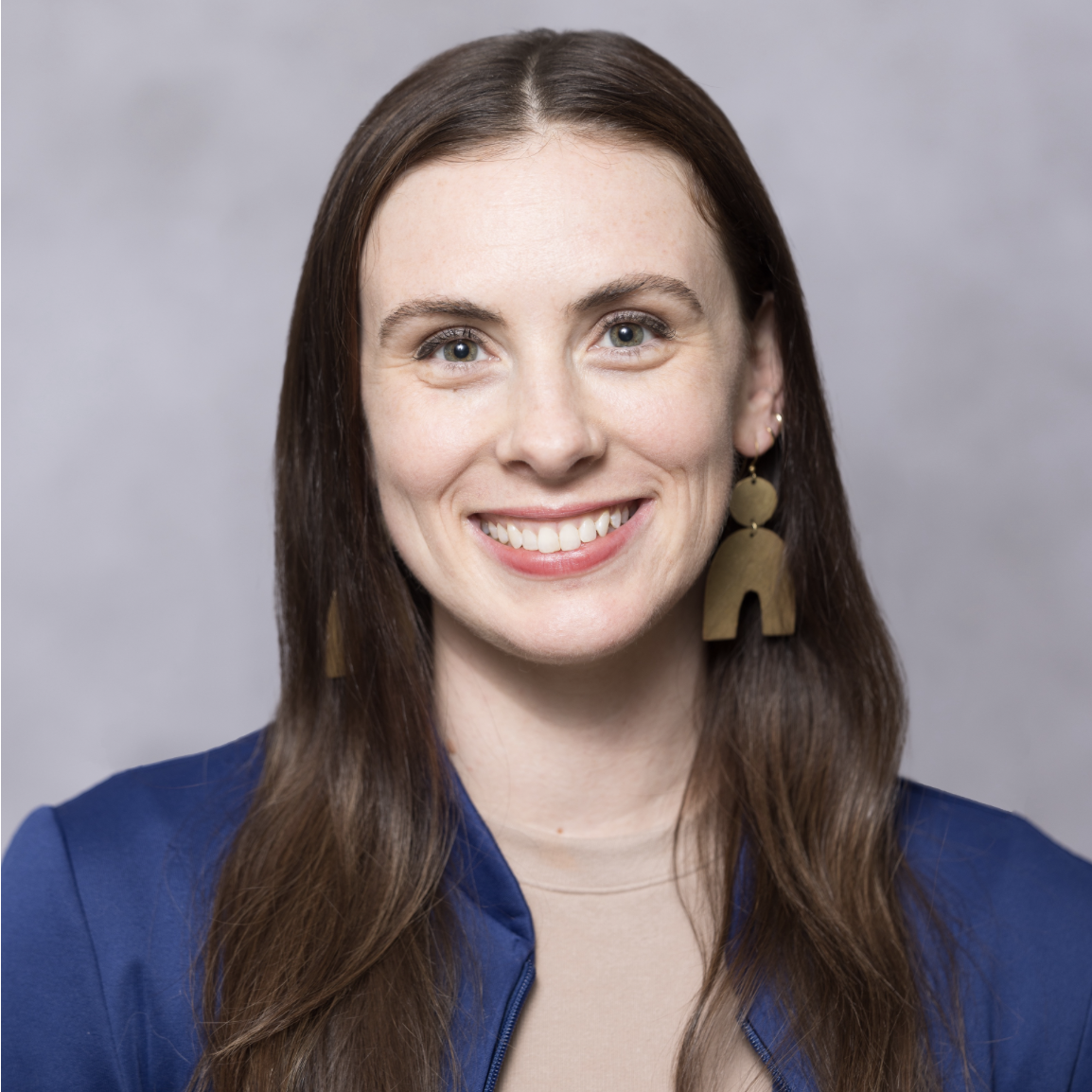
Jenna Pollack, MUPP, MA is a community-engaged researcher, dance professional, cultural organizer, urban planner, and educator. She works for the Chicago Community Wealth Building Ecosystem (CCWBE) and is an independent choreographer. Previously, Jenna was a Community Researcher at Borderless Workshop for their ongoing Creative Grounds project, Researcher at Arts Alliance Illinois on their Illinois Creative Workforce Activation (ICWA) program, and the Summer Studio Manager for the UIC City Design Graduate Program for their community charrette module. Before moving back home to Chicago, Jenna was an Assistant Professor of Dance at the Boston Conservatory at Berklee, Salem State University, and the Boston Ballet. This season, she is a Chicago Cultural Center Dance Fellow and a guest choreographer for Hedwig Dances.
Abraham Uriel Ramirez, Cooperative Organizer, Chicago Community and Workers Rights
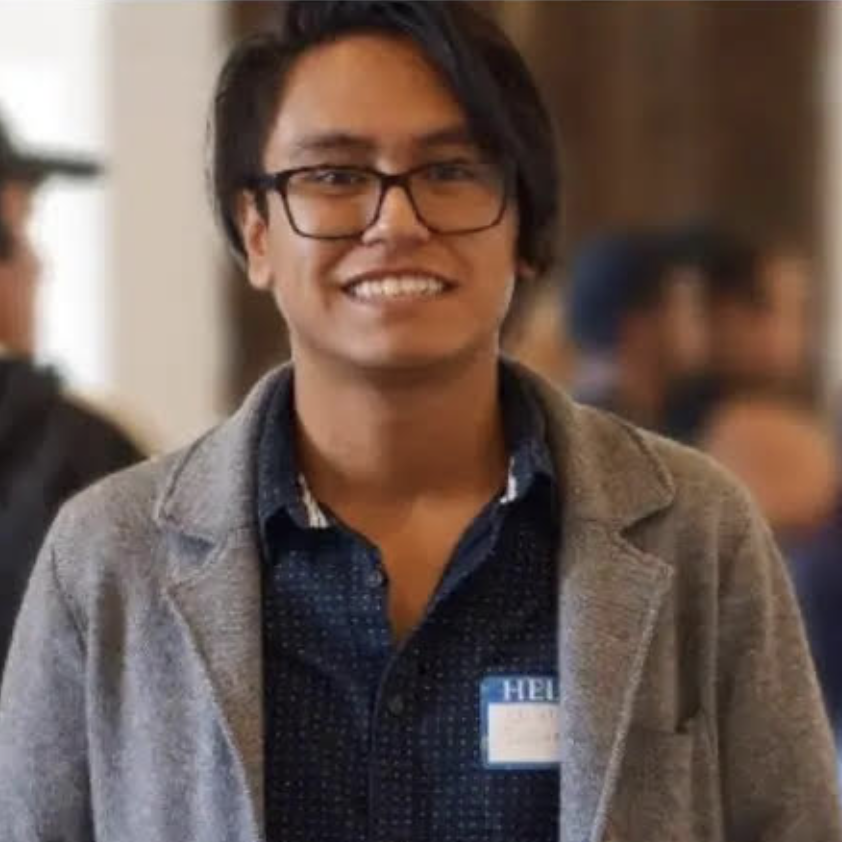
Abraham Uriel Ramirez, currently the Cooperative Organizer for Chicago Community and Workers Rights was previously a worker organizer (2022) and education and housing program coordinator (2021). Abraham Uriel joined CCWR in 2014 as a volunteer, helping the organization with technology needs and currently remains as an advisor. In 2023, Abraham took a course with the Mondragón University of Spain on Basic Principles of Cooperatives. Abraham wants the immigrant community to be informed, educated, and organized so that they improve their conditions in their workplaces or businesses (cooperatives) and that this impacts their lives and the community.
Taryn Randle, Co-Founder, Earthseed Native Landscaping & Edible Gardens LWCA
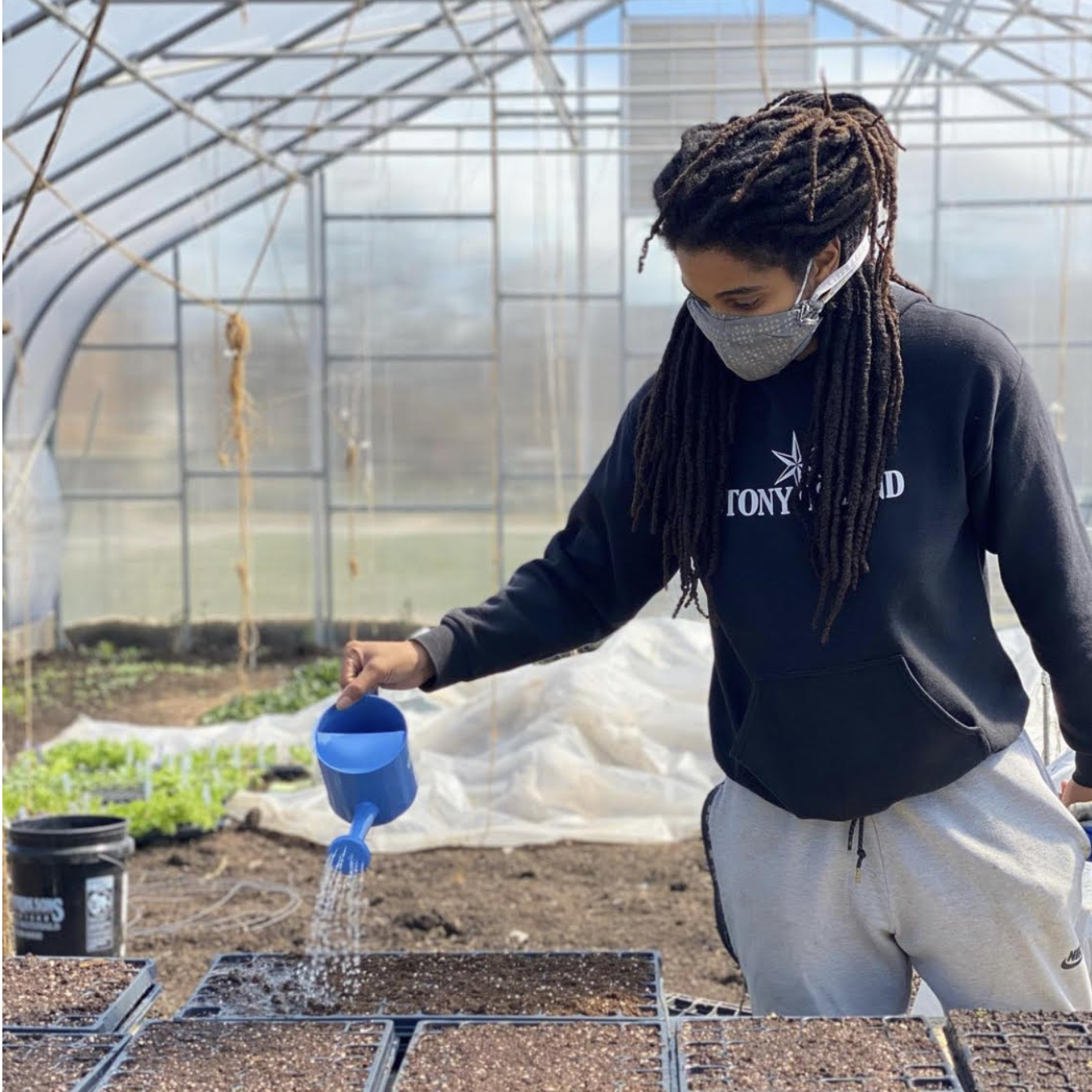 Taryn is a farmer, learner-teacher and connector. Born and raised on the southside of Chicago, Taryn is committed to connecting Black and Brown people with the land, each other and practices that train present and future generations to survive the unexpected. Taryn began growing with the land in 2017 through co-founding Getting Grown Collective (GGC), with family, friends and neighbors on 63rd & Morgan in Chicago’s Englewood neighborhood. Taryn is Senior Backyard Gardens Coordinator with the Little Village Environmental Justice Organization(LVEJO) and the Backyard Gardens Program Steward with Grow Greater Englewood(GGE). In 2022, Taryn co-founded Earthseed Native Landscaping & Edible Gardens LWCA to provide native & edible garden services to residents in Greater Chicago.
Taryn is a farmer, learner-teacher and connector. Born and raised on the southside of Chicago, Taryn is committed to connecting Black and Brown people with the land, each other and practices that train present and future generations to survive the unexpected. Taryn began growing with the land in 2017 through co-founding Getting Grown Collective (GGC), with family, friends and neighbors on 63rd & Morgan in Chicago’s Englewood neighborhood. Taryn is Senior Backyard Gardens Coordinator with the Little Village Environmental Justice Organization(LVEJO) and the Backyard Gardens Program Steward with Grow Greater Englewood(GGE). In 2022, Taryn co-founded Earthseed Native Landscaping & Edible Gardens LWCA to provide native & edible garden services to residents in Greater Chicago.
Mike Strode, Founding Coordinator, Kola Community Solutions
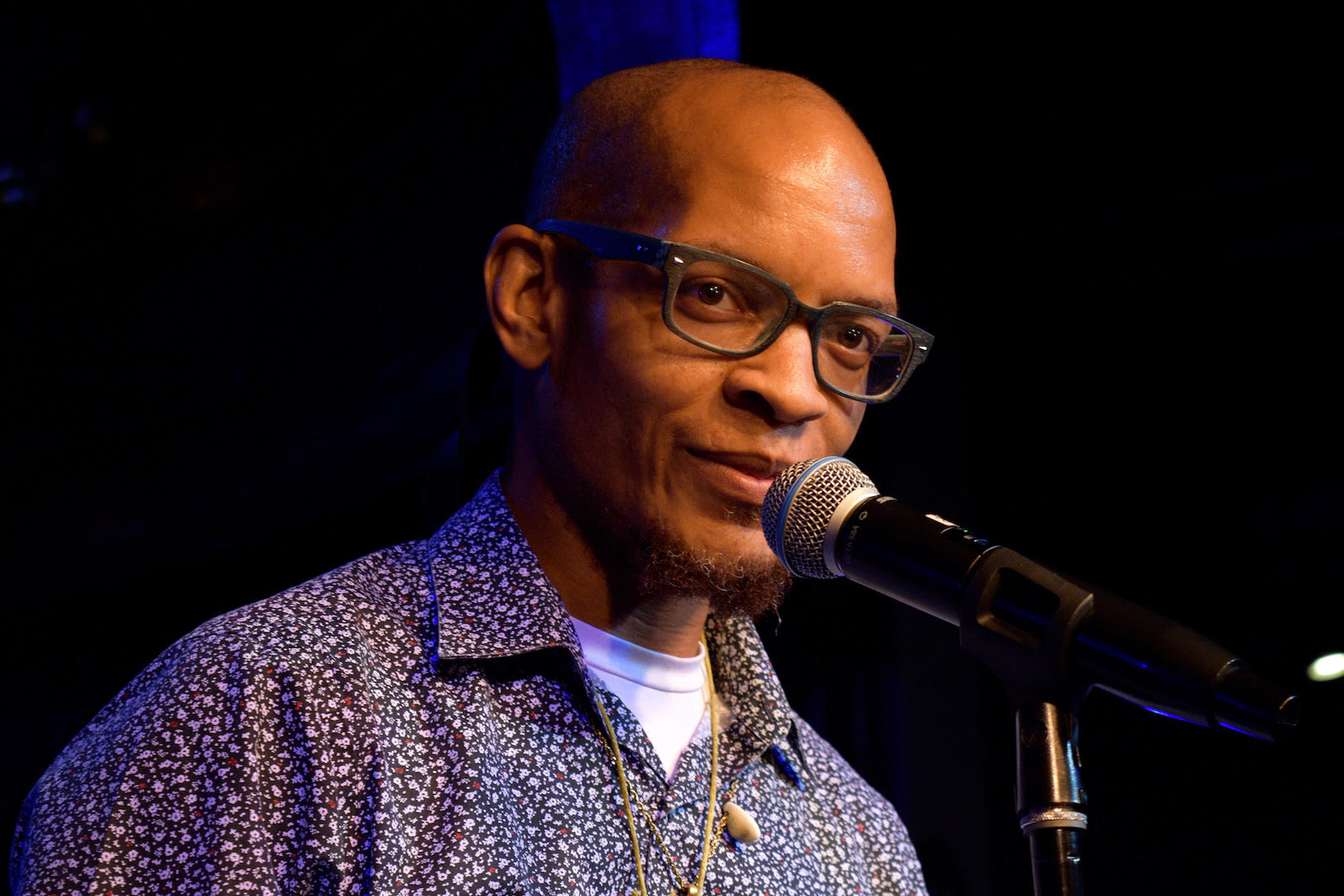 Mike Strode is the Founding Coordinator of The Kola Nut Collaborative, a Chicago-based timebanking initiative that seeks to spur collaboration, network weaving, and mutual aid within communities by developing facilitation tools, platforms, and organizing strategies. Mike operates at the intersections of facilitation, mediation, organizational design, and popular education, weaving together these skills to support groups in building shared vision and social cohesion. His work has ranged from conflict transformation within national coalitions to instructional design of cohorts on such topics as municipalism, abolition, solidarity economy, and developing a cooperative group culture.
Mike Strode is the Founding Coordinator of The Kola Nut Collaborative, a Chicago-based timebanking initiative that seeks to spur collaboration, network weaving, and mutual aid within communities by developing facilitation tools, platforms, and organizing strategies. Mike operates at the intersections of facilitation, mediation, organizational design, and popular education, weaving together these skills to support groups in building shared vision and social cohesion. His work has ranged from conflict transformation within national coalitions to instructional design of cohorts on such topics as municipalism, abolition, solidarity economy, and developing a cooperative group culture.
Access all the participants' bios in an English PDF format here.
Accede a todas las biografías de les participantes en un formato PDF en Español aquí.
